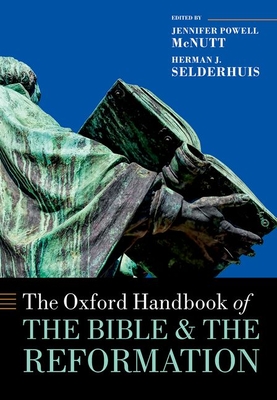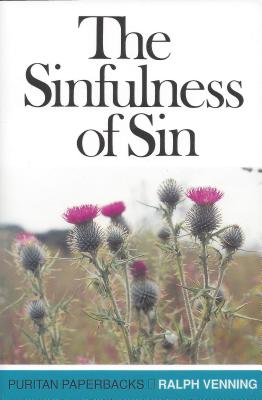
description
nth century, the role of the Bible in both Protestant and Roman Catholic branches of western Christianity was vital and complex. Drawing on new technologies such as movable type, this period saw extraordinary energy and enterprise put into the translation, interpretation, and publication of Christianity's sacred text. As a result, an increasingly broad section of the population, from scholars and clergy to laity and children, came to be involved in the reception of the Bible and its position in early modern religious expression. The Oxford Handbook of the Bible and the Reformation provides readers with a deeper understanding of the expansive history of the Bible as it was shaped, shared, and received across Christian traditions. Chapters explore the biblical canon, translation and print, the development of Reformation hermeneutics, the history of Bible commentators, and exegesis relating to key texts and theological themes of Reformation writing and discourse. Engaging the subject broadly, intricately, and robustly, the expertise of over fifty leading experts illuminates the early modern Bible's composition and position as scripture and, from the Renaissance era on, as a printed book. By including the contributions of radical reformers, Catholics, and women scholars, the Handbook presents a deep and wide-ranging account of the importance of the Bible's reach and authority among all western Christians.
member goods
No member items were found under this heading.
notems store
Return Policy
All sales are final
Shipping
No special shipping considerations available.
Shipping fees determined at checkout.







